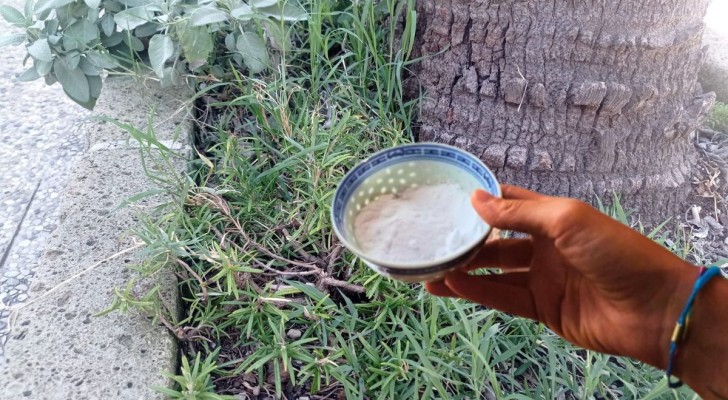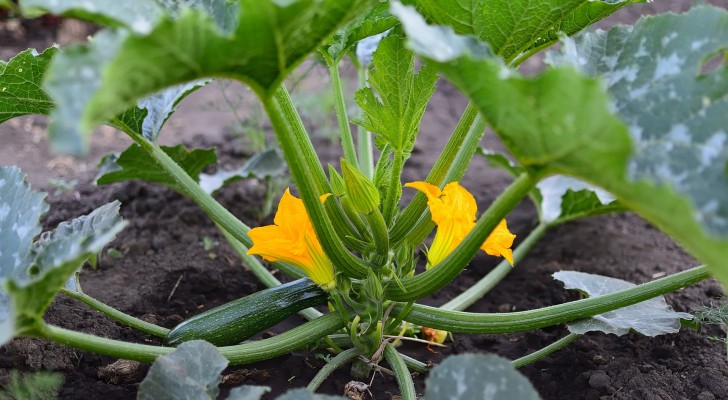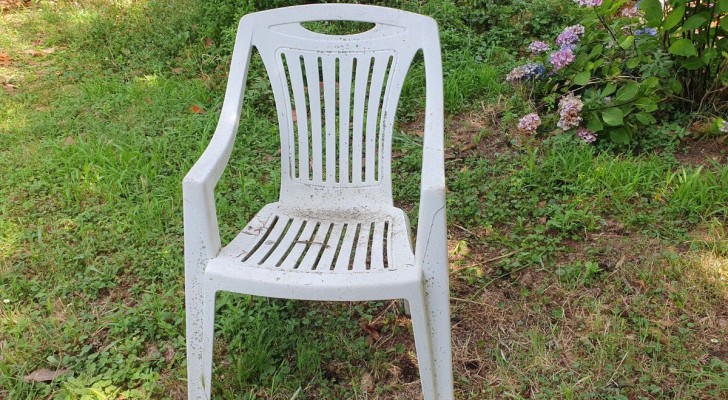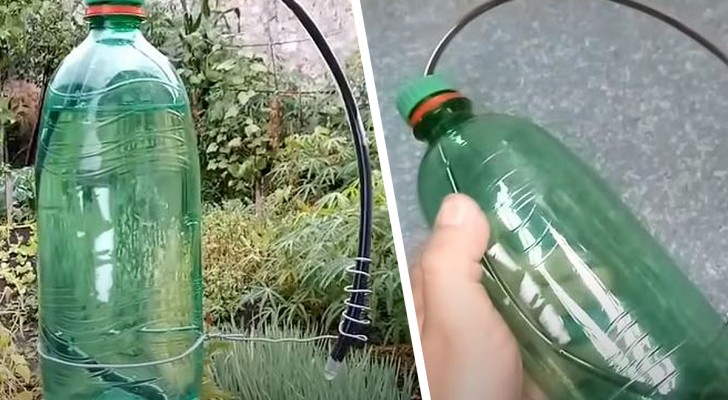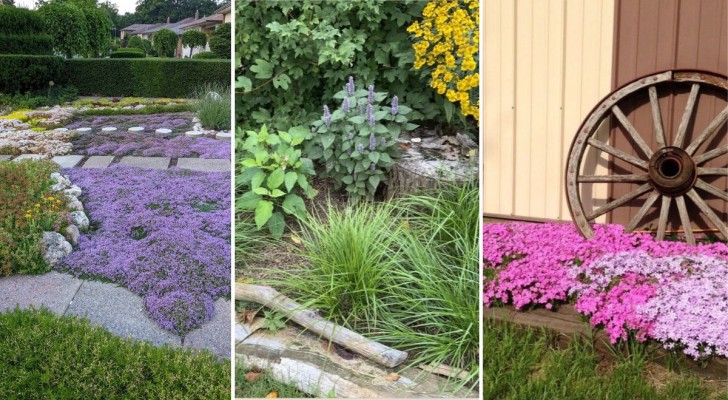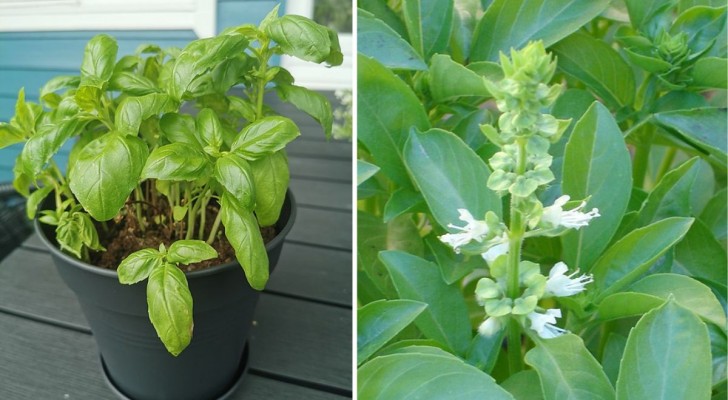Discover many economical tips to take care of your plants

Anyone who grows plants would like them to be always healthy and beautiful, but with the least amount of effort: it is impossible not to commit to the care of our green corners, but you can certainly get better results and maybe reduce the chore a little by resorting to some useful tips.
And at home we may have many more allies to rely on to do this than we would realise. Some resources, such as corn starch, and waste such as egg shells and coffee grounds or even the charcoal from the fireplace can help improve the appearance and health of our plants. Check out some useful tips below:
When using wooden chopsticks to eat Asian food, keep them aside, even if they are dirty: after washing, they are perfect as stabilizers for smaller plants, and without running the risk of damaging the roots.
Organic waste, such as egg shells, can become excellent containers for sprouting seedlings: in short, they are perfect substitutes for traditional seedbeds, but are made of completely compostable and recyclable materials (i.e. the egg shells and the egg cartons).
And when the plants grow big enough to be moved to larger pots or into the garden, just break the shells, put the fshell ragments in the compost pile, and the cardboard egg carton can go into the recycling bin without any problems.
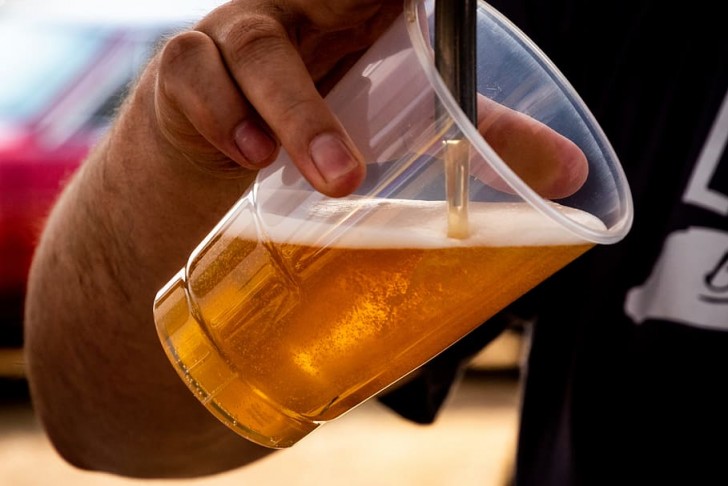
Is there any beer left in the glasses or bottles after a party? Pour it into the compost pile! In fact, beer contains yeast, which is rich in nitrogen and ideal for stimulating the decomposition of organic substances, thus accelerating the composting process.
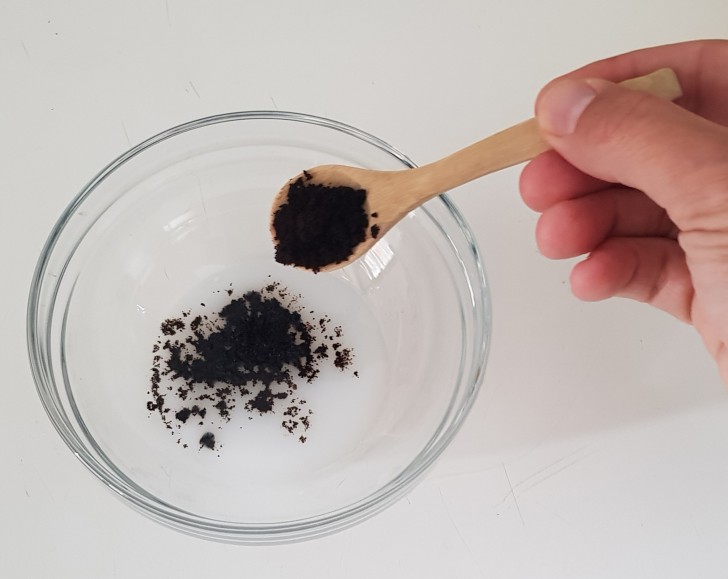
Creativo
Coffee grounds are another kind of kitchen waste that we can use to help take care of our plants. They can in fact, be used as a fertilizer as they contain nitrogen, potassium, phosphorus, iron, magnesium, calcium and chromium. So, it is good to crumble them up, when they are thoroughly dry, around the bases of plants and then water to make them penetrate into the soil. In some studies, it has also been found that coffee grounds can help absorb heavy metals and attract earthworms, whose humus is also very useful for the soil.
And in any case, they too are a great addition to the compost pile.
With glass bottles such as wine bottles (or even plastic ones) you can create a DIY system to water the plants when you are away for a few days.
Do you have old terracotta pots that may have contained dead plants which we killed due to fungi, molds or harmful parasites? You can continue to use them after cleaning them thoroughly and washing them with white vinegar.
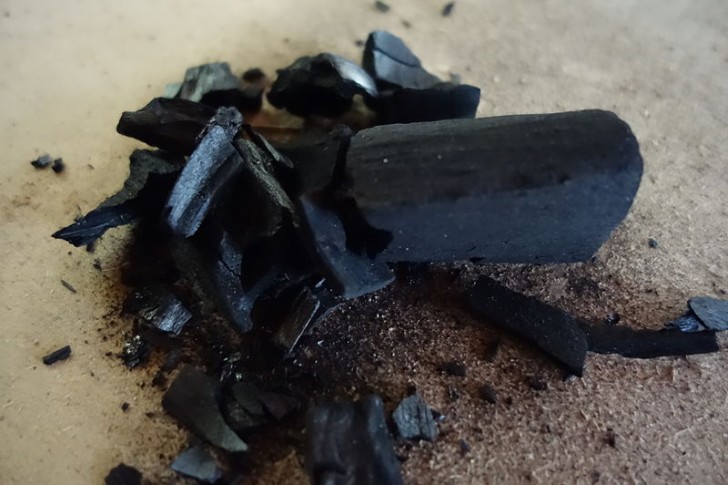
Organic charcoal (i.e. that obtained by burning untreated wood) is another excellent ally in the care of our greenery. When it is incorporated into the soil, having a very porous structure, it helps the passage of air into the substrate, which is fundamental for the health of the roots (which must never be suffocated by being in soil that is too compact and heavy). Additionally, the charcoal pores hold water, helping the earth stay moist longer in hot weather. And coupled with the fact that charcoal decomposes very slowly, it improves the quality of the soil for a very long time.
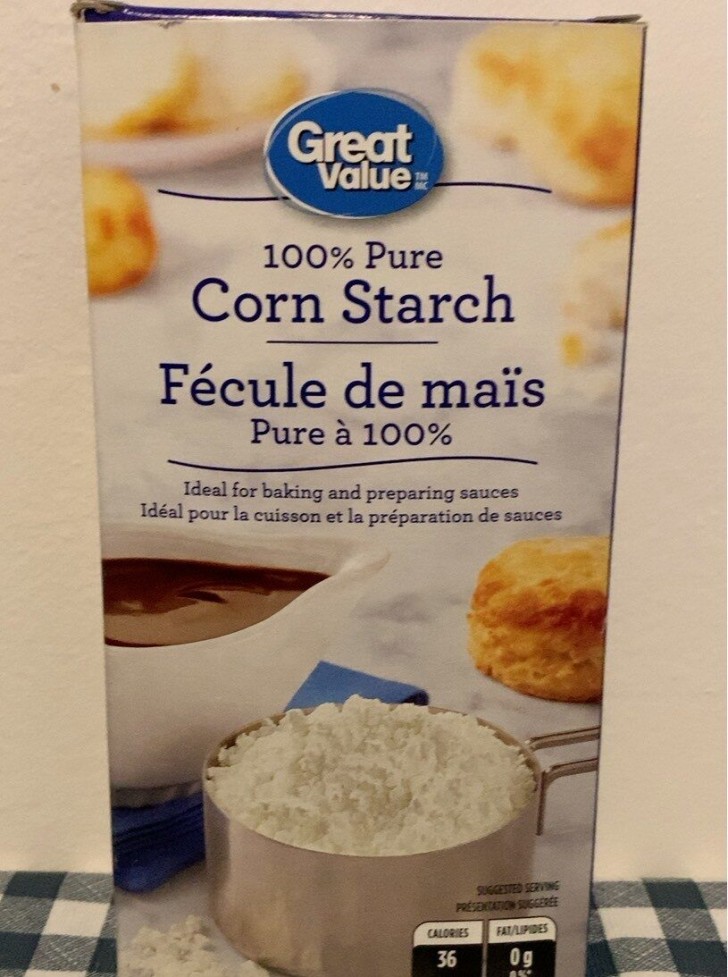
Corn starch is also useful for plants. It is a product that, when mixed with the soil around plants, increases the ability of the soil itself to retain water and nutrients around the roots, thus stimulating the growth of the plant and helping it to resist periods of drought. And it is also able to reduce environmental pollution levels as it reduces nitrogen runoff.
It's amazing many valuable resources for our plants are in our homes!
